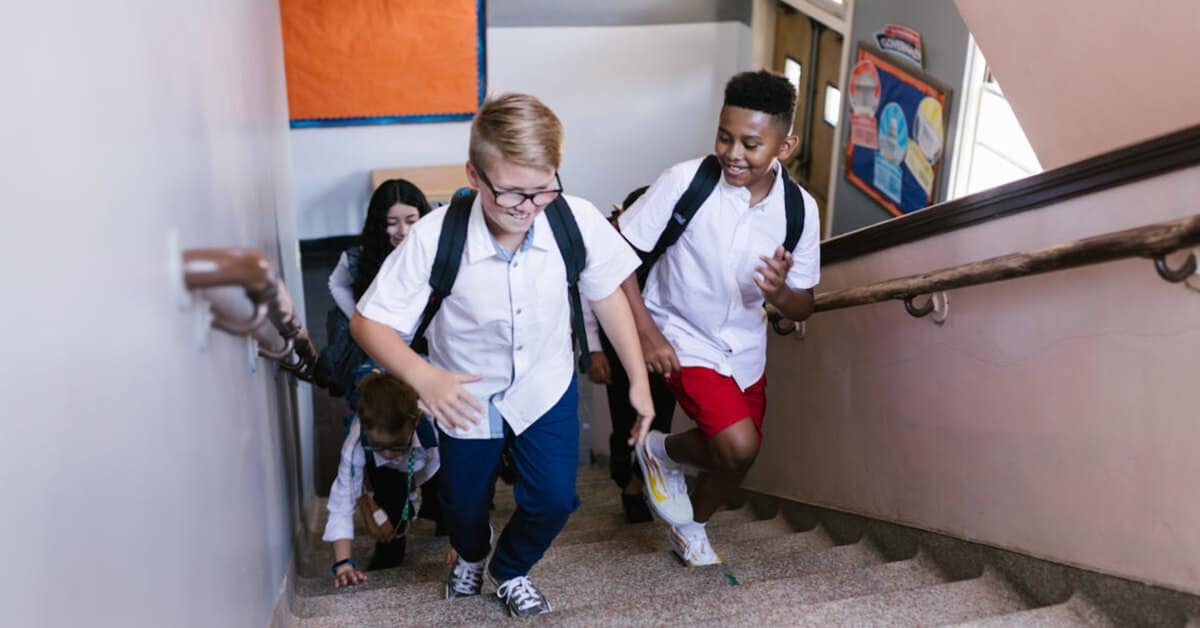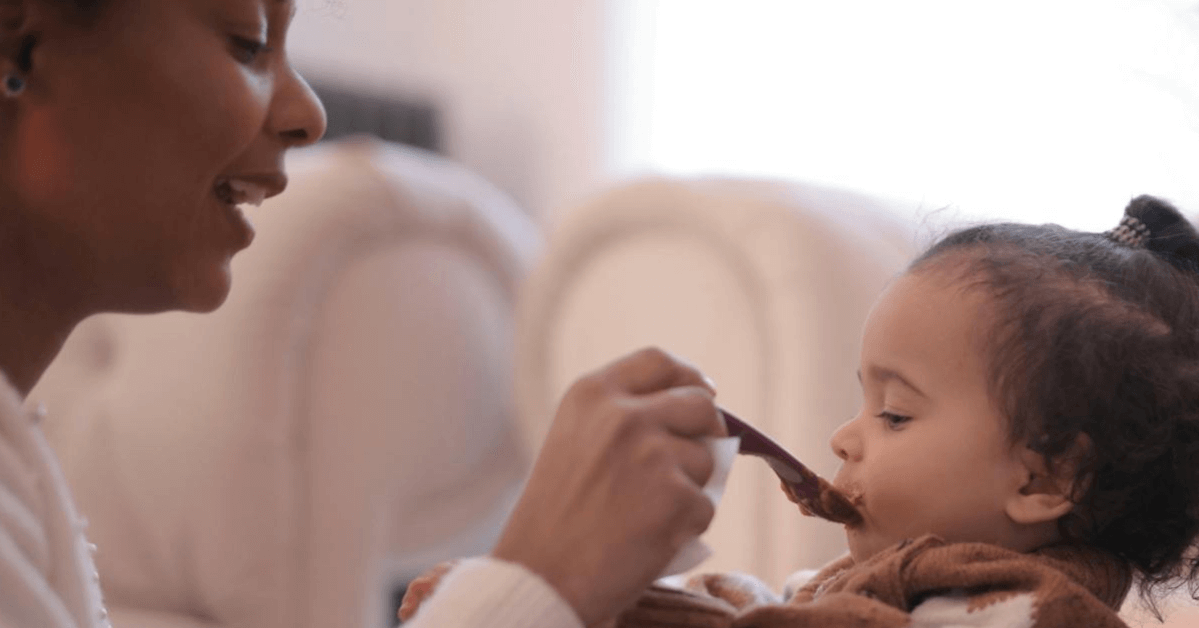Who Decides Where the Child Goes to School After Separation?
After a separation or divorce, deciding where your child goes to school can be one of the most emotionally charged and difficult decisions you and your former partner will face.
In Australia, neither parent automatically has the right to make this decision alone. If both of you share parental responsibility, you’re expected to agree on significant long-term issues—schooling included. When you can’t come to an agreement, legal avenues like mediation or the Family Court may need to step in.
Key takeaway: School decisions after separation are shared responsibilities unless a court orders otherwise.
Shared Parental Responsibility and Schooling Decisions
In most separation cases, the law assumes both parents will have equal shared parental responsibility. This doesn’t mean your child will spend equal time with both of you, but that you’re both expected to jointly make decisions about key aspects of your child’s life—including education.
This includes:
- Which school your child attends
- Decisions about religious or specialist schools
- Enrolment in gifted or remedial programs
If you and your former partner share this responsibility, you must consult each other and try to reach a joint decision.
Key takeaway: Shared parental responsibility means you must both agree on the child’s school, not decide independently.
When One Parent Makes the Decision Alone
There are situations where one parent may take it upon themselves to enrol the child in a school without the other’s agreement. This often leads to disputes, especially if the decision wasn’t communicated beforehand.
Unilateral decisions are not encouraged. If you’re the parent being left out of the discussion, or if your co-parent makes a decision without your input, you have the right to seek legal advice and potentially take the matter to court. Conversely, if you’re considering making a decision alone, it’s worth pausing and seeking professional guidance—especially from a mediation lawyer—before taking that step.
Key takeaway: Making schooling decisions alone can escalate conflict and may be overturned by a court if not done in line with family law.
What Happens if You Disagree?
It’s not uncommon for separated parents to disagree on what’s best for their child—especially if the schooling decision involves relocation, significant cost, or differing values.
When disagreements happen, there are a few pathways available:
1. Mediation
Mediation is often the first step in resolving disputes. With the help of a neutral third party, such as a family dispute resolution practitioner or mediation lawyer, you and your ex can talk through your concerns in a structured environment. This gives both of you the chance to be heard and work toward a solution without going to court.
2. Parenting Plans or Consent Orders
If mediation is successful, you can document the agreement in a parenting plan. While not legally enforceable, parenting plans show good faith and can influence future court decisions. If you want the agreement to be legally binding, you can ask the court to issue consent orders.
3. Family Court Intervention
If no agreement is reached, you may need to apply to the Family Court or Federal Circuit and Family Court of Australia. The court will then decide based on what’s in the child’s best interests.
Key takeaway: Disagreements can often be resolved through mediation or legal agreements before turning to court.
How the Court Decides on Schooling
If you do end up in court, the judge won’t just pick the school that seems more appealing on paper. Instead, the decision will focus on what is in the best interests of your child.
The court will consider:
- The child’s current educational environment and stability
- Proximity to each parent’s residence
- The child’s social and emotional needs
- Any special requirements (e.g., learning difficulties, cultural or religious background)
- Each parent’s capacity to support the child’s education
The views of the child may also be considered, especially for older children, depending on their age and maturity.
Key takeaway: Court decisions focus on the child’s well-being and long-term interests—not the parents’ personal preferences.
Moving Schools After Separation
If your child is already enrolled in a school, changing schools after a separation can be especially contentious. The parent seeking the change will usually need to demonstrate why the new school is in the child’s best interests—especially if it means a longer commute, change of curriculum, or separation from friends.
Some common reasons for requesting a school change include:
- Relocating after separation
- Concerns about bullying or academic performance
- A need for specialised learning support
Again, if both parents share parental responsibility, any change must be agreed upon or authorised by the court.
Key takeaway: Changing schools after separation usually requires mutual agreement or court approval—especially if it disrupts the child’s stability.
The Role of Mediation Lawyers
If you’re stuck in a schooling disagreement, working with a mediation lawyer can help you explore your options and avoid unnecessary court battles. Mediation lawyers don’t just act as neutral facilitators—they also help you understand your rights, propose workable solutions, and prepare parenting plans or consent orders.
This can be especially helpful when the dispute involves more than just schooling—such as custody arrangements, relocation, or ongoing parenting challenges.
Key takeaway: A mediation lawyer can help you resolve school disputes with less stress, less cost, and more control over the outcome.
Can the Child Choose Where They Go?
In some cases, particularly with older children, the court or the parents may consider the child’s preferences. However, the child’s wishes are not the final word.
The court may take the child’s views into account when:
- The child is mature enough to express a clear preference
- The preference is based on logical reasons (e.g., established friendships, academic programs)
- There are no signs the child is being influenced or pressured by a parent
If your child has strong opinions about where they want to go to school, it’s worth listening to and involving them in the process—while still considering their overall well-being.
Key takeaway: A child’s preferences may influence the decision, but they’re only one part of the bigger picture.
Final Thoughts: Keeping School Decisions Child-Focused
When you’re navigating life after separation, it’s easy to get caught up in logistics, emotions, and differing opinions. But at the heart of any schooling decision should be one thing: what’s best for your child.
Whether you reach an agreement through respectful discussion, mediation, or—if needed—legal action, remember that stable schooling plays a big role in your child’s well-being and future success.
If you’re feeling overwhelmed or stuck, it may be time to speak with a mediation lawyer or family law specialist. Getting the right support early on can help you avoid long-term stress and create a more peaceful co-parenting journey.
Director of Melbourne Family Lawyers, Hayder manages the practice and oversees the running of all of the files in the practice. Hayder has an astute eye for case strategy and running particularly complex matters in the family law system.





